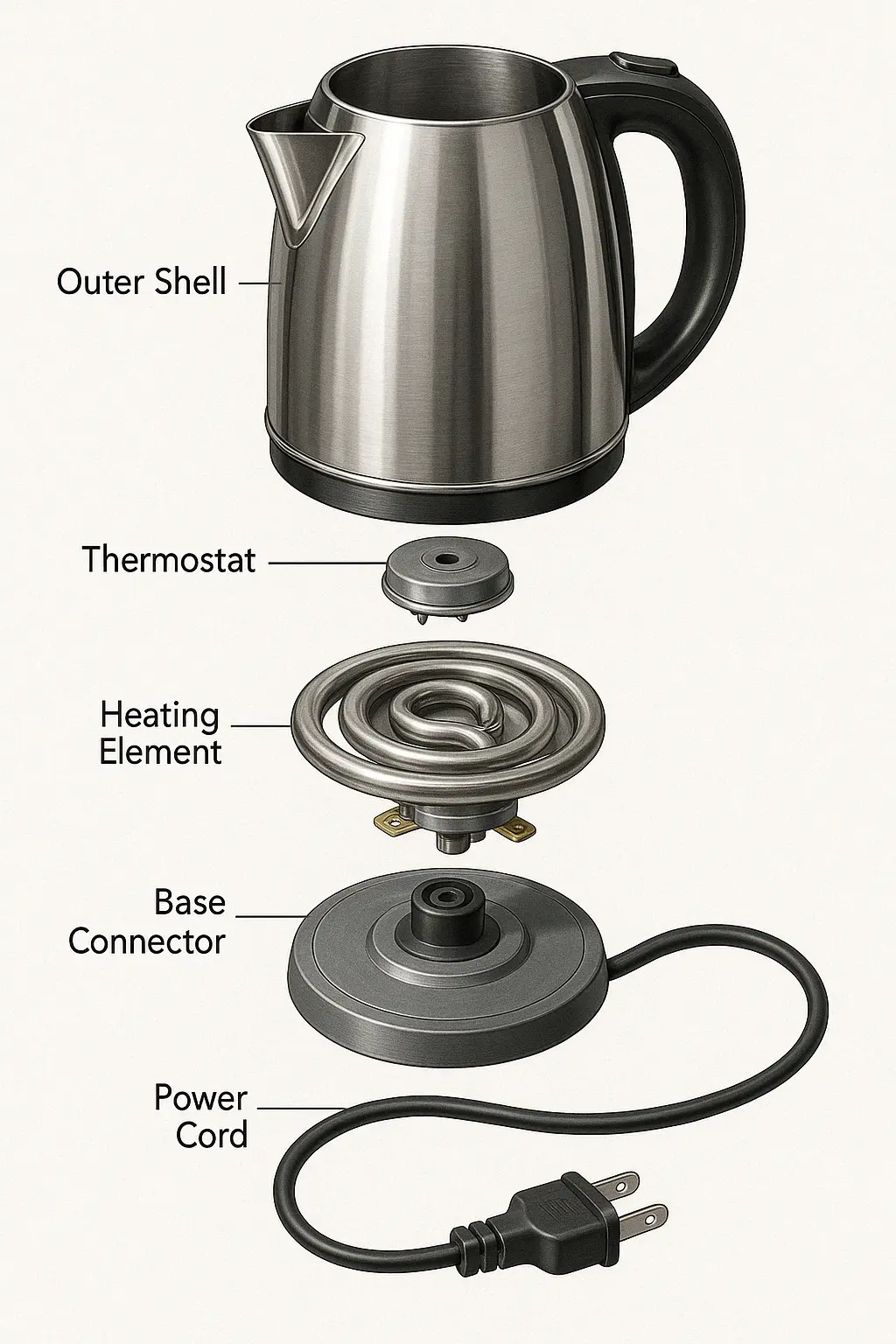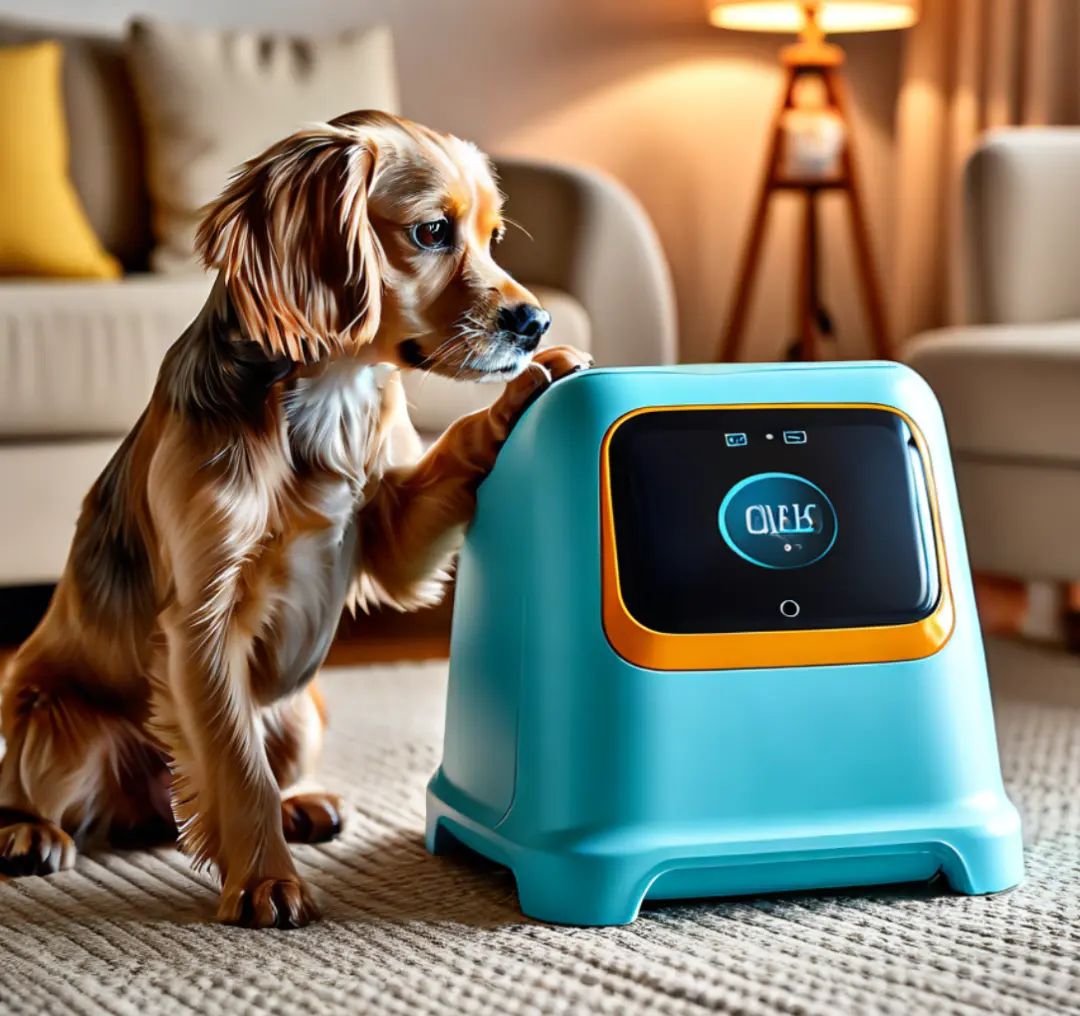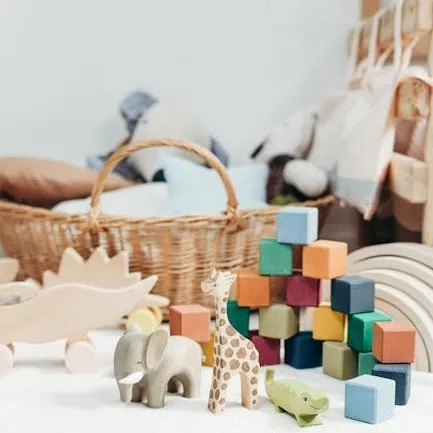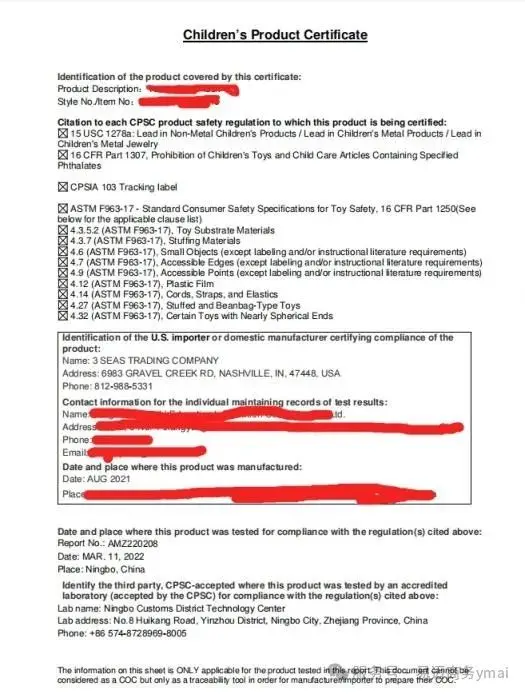
FDA Compliance for Animal Medical Devices
With the increasing number of pets and growing concern for their health, the animal medical device market is rapidly developing. To ensure the safety and effectiveness of these products, the U.S. Food and Drug Administration (FDA) has established stringent standards for the registration and regulation of animal medical devices. This article will delve into the FDA registration process for animal medical devices and related considerations.
Definition of Animal Medical Devices
Animal medical devices encompass a variety of tools and equipment used for the diagnosis, treatment, prevention, or monitoring of animal diseases. These products, such as instruments, machinery, and implants, must undergo rigorous FDA review and approval to ensure their safety and efficacy, similar to human medical devices. This not only ensures animal health but also maintains high standards for medical devices.
Steps for FDA Registration
A Comprehensive Guide to Ensuring Compliance of Your Animal Medical Devices
- Clarification of Product Classification
First, manufacturers must accurately define the category of their animal medical device to meet the different registration requirements of the FDA. The FDA classifies devices into low, medium, and high-risk categories, each corresponding to different regulatory standards.
- Verification of FDA Definition Compliance
Ensure your product fully complies with the FDA's definition of animal medical devices. If in doubt, consult the FDA or a professional advisor for clear guidance.
- Facility Registration Execution
Companies must register their facilities in the FDA's Facility Registration and Listing System (FURLS), submitting company and product information, and updating registration status annually.
- Pre-Market Submission Preparation
For high-risk animal medical devices, a 510(k) submission is required to demonstrate equivalence to existing market devices; low-risk devices can follow general control measures to enter the market.
- Quality System Development
Adhere to FDA Quality System Regulations (QSR) to ensure product design, manufacturing, and testing processes meet standards, which is a crucial step for ensuring product safety.
- Labeling and Packaging Compliance
Product labels and packaging must meet FDA requirements, including the product name, use, and manufacturer information, ensuring they remain intact during transport and storage.
- Submission of Registration Documents
After preparation, submit registration documents via the FDA's electronic submission system (eSubmitter), including product descriptions, instructions for use, and test reports.
- Payment of Registration Fees
Annual registration fees must be paid to the FDA, with fees varying based on company size and product type; small businesses may qualify for fee reductions.
- Obtaining an FDA Registration Number
Upon approval, you will receive a unique FDA registration number, which must be indicated on product labels and packaging, signifying that your product can be legally marketed.
- Regular Updates and Maintenance
Ensure regular updates to registration information, adhere to FDA annual reporting requirements, monitor product usage, and address adverse event reports to continuously meet FDA standards.
Frequently Asked Questions
- Q: What documents are required to support registration?
A: Typically, detailed product specifications, user guides, test reports, and production process documents are required. These documents should comprehensively cover the product's design concept, manufacturing process, testing standards, and usage instructions.
- Q: How long does the FDA registration process take?
A: The time required for registration varies depending on the product's complexity and the thoroughness of preparation work. Generally, it ranges from several months to a year; high-risk products may take longer for review.
- Q: Are clinical trials necessary?
A: Generally, they are not required, but certain high-risk products may need to provide additional safety and efficacy data. Specific requirements should be determined based on product classification and risk level.
Professional Advice
It is advisable to contact a professional FDA registration agency or consulting firm (e.g., JJR Lab in China) to ensure a smooth registration process and compliance with all regulatory requirements. They can provide comprehensive guidance and support in document preparation, submission, and communication. Additionally, staying informed about and adhering to the FDA's latest policies and guidelines is crucial for successful registration and maintaining product compliance.
The FDA registration of animal medical devices is a complex but necessary process. By following the above steps, manufacturers can ensure their products meet FDA requirements and successfully enter the U.S. market. Whether you are applying for registration for the first time or need to update existing registration information, thorough preparation is essential to ensure that all materials and processes comply with regulations.
If you need more information or specific guidance, please feel free to contact our professional team, and we will provide you with the highest quality service and support.
Email:hello@jjrlab.com
Write your message here and send it to us
 Amazon and Temu Require FCM Test Reports
Amazon and Temu Require FCM Test Reports
 Electric Kettle Amazon Canada Compliance Certifica
Electric Kettle Amazon Canada Compliance Certifica
 Do You Understand Amazon Compliance Certification?
Do You Understand Amazon Compliance Certification?
 Pet Products CE Mark
Pet Products CE Mark
 US Toy Safety Standards
US Toy Safety Standards
 Toy Toxicology Testing CA
Toy Toxicology Testing CA
 CPSIA Compliance for Children's Products
CPSIA Compliance for Children's Products
 Food Contact Items Testing
Food Contact Items Testing
Leave us a message
24-hour online customer service at any time to respond, so that you worry!




